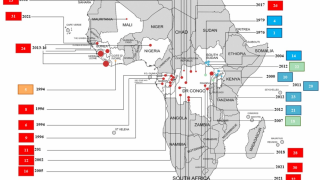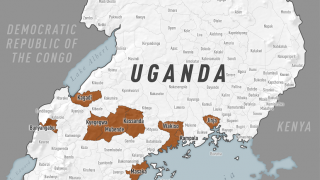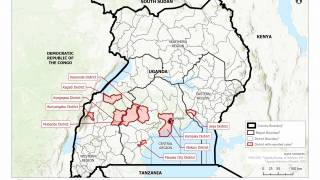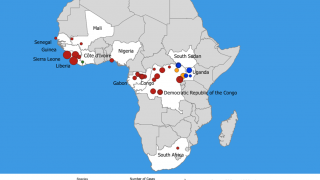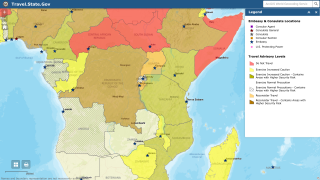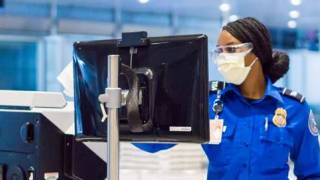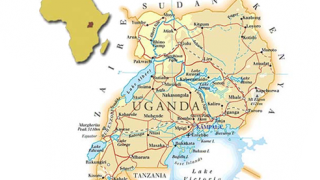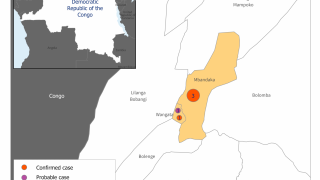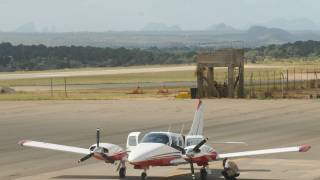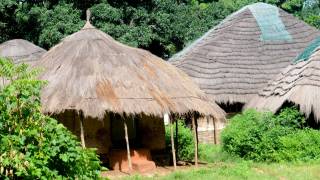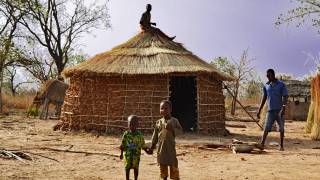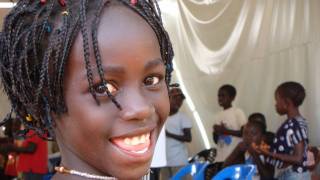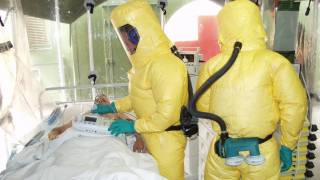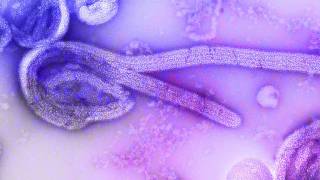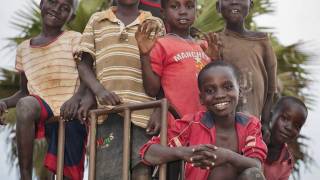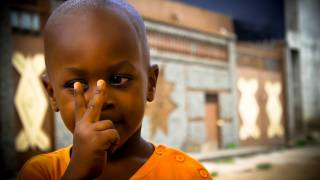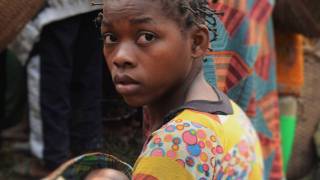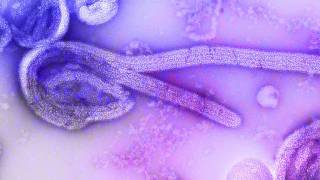Which Ebola Vaccines Are Available in the USA?

With the World Health Organization (WHO) finally declaring the Ebola Zaire outbreak in Africa a ‘Public Health Emergency’ on July 17, 2019, the focus is turning to the availability of preventive vaccines and antiviral treatments.
As of July 18, 2019, the Centers for Disease Control and Prevention (CDC) continues to say ‘there is no vaccine licensed by the U.S. Food and Drug Administration (FDA) to protect people from the Ebola virus.’
But, the National Institutes of Health (NIH), the WHO, and various foreign ministries of health are offering Merck’s v920 (rVSVΔG-ZEBOV-GP) investigational vaccine to priority populations, such as frontline workers actively performing Ebola response activities.
As of July 16, 2019, over 160,000 individuals in Africa had been vaccinated with the v920 (rVSVΔG-ZEBOV-GP) Ebola vaccine.
The v920 (rVSVΔG-ZEBOV-GP) experimental vaccine was found to be highly protective against the Ebola Zaire virus in a trial conducted by the WHO, in Guinea during 2015.
Additionally, the NIH has an open-label clinical trial, titled “Pre-Exposure Prophylaxis in Individuals at Potential Occupational Risk for Ebola Virus Exposure” to vaccinate adult volunteers against Ebola.
This ongoing study has sites at the NIH in Bethesda, MD, and Emory University in Atlanta, GA, and has follow-up requirements that may need additional consideration and planning regarding the timing and duration of the deployment.
The CDC says the ‘FDA licensure for Merck’s v920 Ebola vaccine is expected in 2019.’
Another Ebola vaccine candidate is produced by Johnson & Johnson’s Janssen, the Ad26.ZEBOV/MVA-BN Ebola Zaire vaccine.
The Ad26.ZEBOV/MVA-BN vaccine candidate has been conducting a Phase 3 study to demonstrate the non‐inferiority of a heterologous prime‐boost regimen, using Ad26.ZEBOV as prime and MVA‐BN‐Filo as boost administered at different doses at a 56‐day interval. Ad26.ZEBOV/MVA-BN is a 2-dose vaccine that was specifically designed to induce long-lasting protection.
Dr. Paul Stoffels, J&J’s chief scientific officer, said in May 2019 ‘the company can donate enough vaccine to vaccinate 1.5 million people.’
Ebola is caused by an infection with a group of viruses within the genus Ebolavirus. Of this group, only four (Ebola, Sudan, Taï Forest, and Bundibugyo viruses) are known to cause disease in people, says the CDC.
Ebola vaccine news
- Uncontrolled Ebola Outbreak Approaches 1st Anniversary
- 50% of Ebola ‘Spillover’ Outbreaks Remain Undetected
- No Travel Restrictions for Africa’s Ebola Outbreak
- 3 Additional Ebola Treatments Approved for Uganda
- Unlike Uganda, Houston Has Prepared For Ebola’s Arrival
In the United States, the Ebola virus disease (EVD) is a very rare disease that has only occurred 4 times since 2014. These international travelers acquired the EVD in other countries, prior to returning to the USA, says the Centers for Disease Control and Prevention (CDC).
On September 30, 2014, CDC confirmed the first travel-associated case of EVD diagnosed in the United States in a man who traveled from West Africa to Dallas, Texas.
The CDC’s has published numerous Travel Alerts which often suggest international travelers get recommended vaccines before traveling to disease-endemic countries.
Previously, during April 2019, the CDC’s website published these vaccine insights for ‘workers traveling to Ebola outbreak areas’:
- Educate workers about exposure risks,
- Train those traveling abroad to recognize the symptoms of Ebola, and
- Stress the importance of monitoring themselves for fever and other symptoms during travel and for 21 days after leaving the outbreak area.
- Encourage employees to get routine and destination-specific vaccines before traveling out of the USA.
While in an area affected by Ebola, it is important to avoid the following:
- Contact with blood and body fluids (such as urine, feces, saliva, sweat, vomit, breast milk, semen, and vaginal fluids).
- Items that may have come in contact with an infected person’s blood or body fluids (such as clothes, bedding, needles, and medical equipment).
- Funeral or burial rituals that require handling the body of someone who died from EVD.
- Contact with bats and nonhuman primates or blood, fluids and raw meat prepared from these animals (bushmeat) or meat from an unknown source.
- Contact with semen from a man who had EVD until you know the virus is gone from the semen.
After returning from an area affected by Ebola, monitor your health for 21 days and seek medical care immediately if you develop symptoms of EVD:
- Diagnosing EVD shortly after infection can be difficult. Early symptoms of EVD such as fever, headache, and weakness are not specific to Ebola virus infection and often are seen in patients with other more common diseases, like malaria and typhoid fever.
- To determine whether Ebola virus infection is a possible diagnosis, there must be a combination of symptoms suggestive of EVD AND a possible exposure to EVD within 21 days before the onset of symptoms.
- If a person shows early signs of EVD and has had a possible exposure, he or she should be isolated and public health authorities notified. Blood samples from the patient should be collected and tested to confirm infection. It may take up to 3 days after symptoms start for the virus to reach detectable levels.
There is currently no antiviral drug licensed by the U.S. FDA to treat EVD in people. Therapeutic drugs that are being developed work by stopping the virus from making copies of itself.The treatments approved for shipment to Uganda:
- Mapp Biopharmaceutical’s ZMapp, which is composed of three “humanized” monoclonal antibodies manufactured in plants, specifically Nicotiana. It is an optimized cocktail combining the best components of MB‐003 (Mapp) and ZMAb (Defyrus/PHAC).
- Gilead Sciences’s Regeneron Pharmaceuticals Inc’s Regeneron and Remdesivir.
To alert international travelers intending to visit the DRC, the CDC expanded its Level 2 Travel Alert regarding the Ebola Zaire outbreak. Additionally, the Canadian and UK health agencies issued similar travel advisories.
Furthermore, the US State Department updated its Level 3 Travel Advisory on April 9, 2019, saying to Americans 'Do not travel to the eastern DRC and the Kasai provinces.'
Pre-departure vaccine and medication counseling sessions can be scheduled with travel clinics and pharmacies at Vax-Before-Travel.
Vaccines, like any medication, can cause side effects, which should be reported to a healthcare provider, or the CDC.
Our Trust Standards: Medical Advisory Committee

